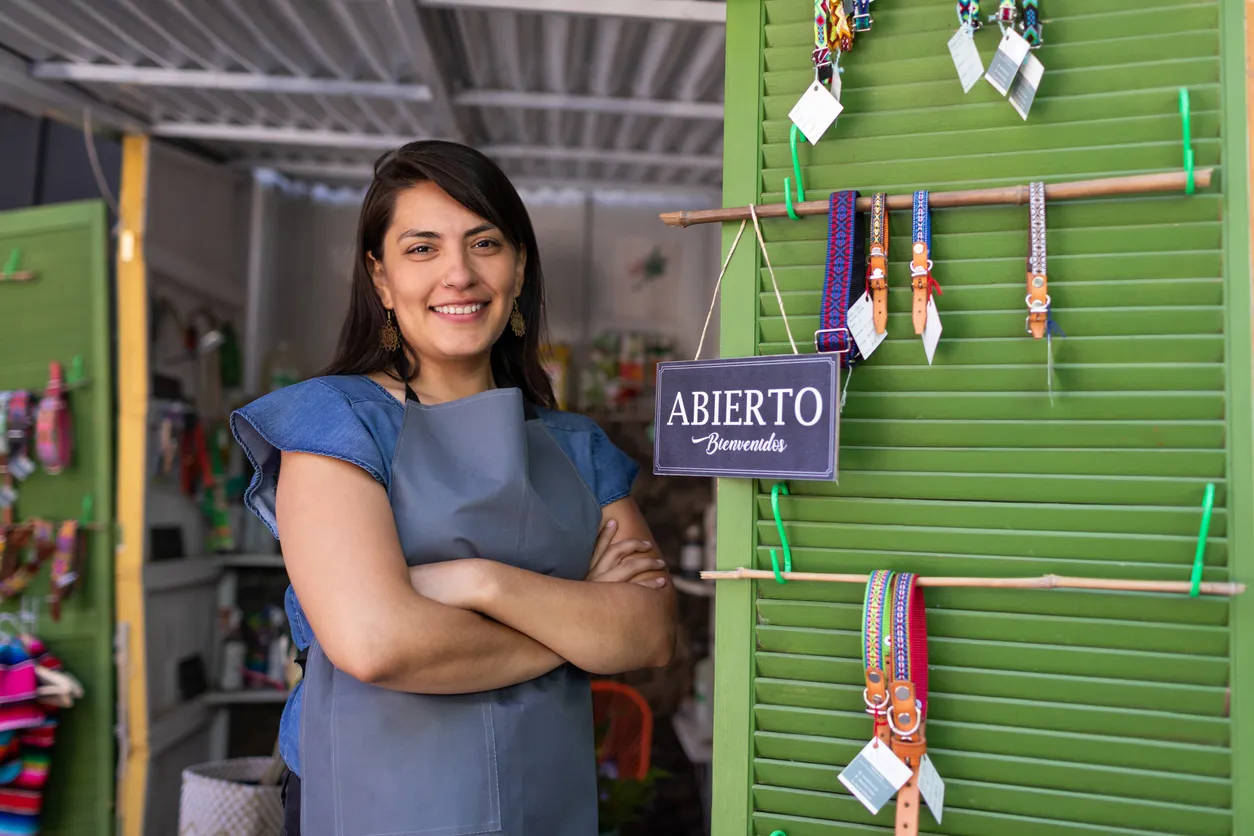A study led by the Behavioral Lab at Tec de Monterrey is digging into the shopping experience and emotions of mothers during back-to-school season.
Every year, as the new school term rolls around, chambers of commerce forecast spending that exceeds 100 billion pesos. Yet far less attention is given to the negative experiences mothers go through when their children head back to class.
The stress of back-to-school
Through qualitative interviews and surveys, researchers Rachel Rodríguez and Itzel Zárate—both marketing specialists and faculty at EGADE Business School—are exploring the back-to-school phenomenon and how it affects mothers.
Their study focuses on mothers who handle school shopping for children in preschool, elementary, and middle school.
“The idea of the shopping experience covers everything from the list to the final purchase. What emotions come up from the moment they say, ‘I have to go buy all of this’? And then there are all these variables: where they shop, how long it takes, how much they spend, their emotions, promotions, or even the type of school,” explained Rodríguez, an expert in administrative sciences.
The two researchers designed a survey—still ongoing—based on prior interviews with mothers who buy school supplies for their kids.
“One mother told me: it’s awful, it’s stressful, I don’t like it. And the whole conversation went in that direction—how they felt about the experience, what they thought about it, and why they chose certain stores,” Rodríguez recalled.
So far, their findings show that the overall back-to-school experience is not a pleasant one for mothers, with the main emotions being frustration, stress, and worry.
“One of their main concerns was financial, but time was another big factor. The survey includes a statement: ‘I get stressed when I can’t buy everything in one place,’ and most moms identified strongly with it,” noted Zárate.
Still, some mothers did highlight a silver lining: while stressful, school shopping can be a good excuse to spend extra time with their children.
The researchers point out that these insights could help brands reshape the consumer experience.
“It’s about showing brands that this process creates stress, so they need to find ways to ease that burden,” Rodríguez said.
Neuromarketing and back-to-school shopping
In its third phase, the study will use neuromarketing tools and Behavioral Lab equipment to measure, on a physiological level, what kinds of emotions mothers experience while shopping. This will involve sensors connected to the body.
“In the lab we have eye trackers that show us where someone looks in an image, and sensors attached to the fingers that measure the intensity of emotions—we can now capture those physiological reactions,” Rodríguez explained.
Did you find this story interesting? Would you like to publish it? Contact our content editor to learn more at marianaleonm@tec.mx

















